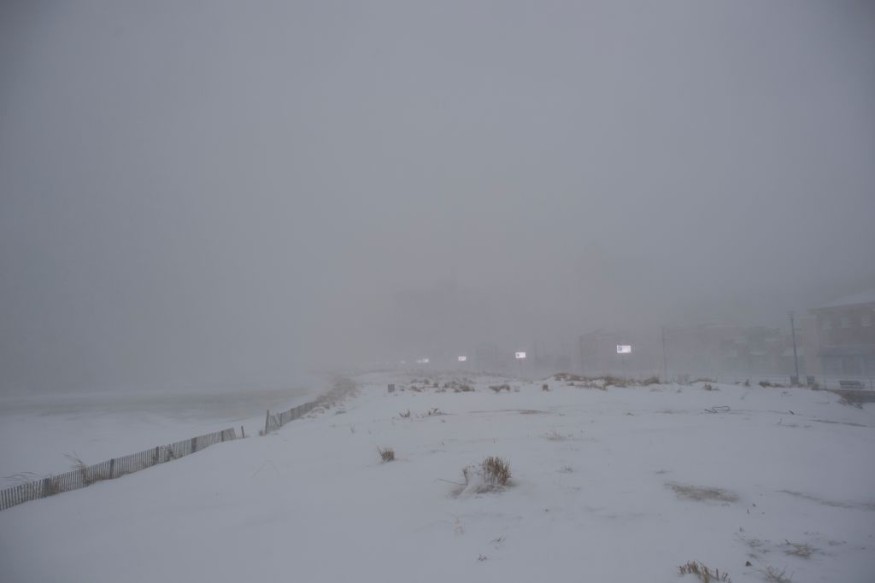European nations have done most of what was reasonably possible to fill gas storage tanks.
Weather will determine how quickly gas in storage will be used up; therefore, Europe is hoping and praying for a warmer winter.

Storage Situation
Because storage is fuller than anticipated, LNG shipments are arriving, and the weather is pleasant, Europe's gas prices started this week at their lowest point in three months.
However, European governments have been preparing for the worst-case scenario, in which a colder than usual winter could quickly deplete gas in storage, send gas prices soaring once more, intensify competition with Asia for pricey LNG, weaken consumers' resolve to conserve energy in freezing temperatures and force more businesses and industrial processes to halt operations.
According to commentators, Europe has done all possible to ensure that the heating and lights will be on this winter.
Nevertheless, this winter's prolonged cold and windless period threatens to undo all the work done and results in mandated energy-saving objectives, rationing, or rolling blackouts, as per Oil Price.
Global Conflicts

After the Russian invasion of Ukraine and the Russian halt to gas deliveries to practically all EU member states, all that can reasonably be done to ensure an alternate gas supply has been done.
In Germany, the Netherlands, and Finland, floating storage regasification units (FSRUs) are being built.
It is anticipated that operations will start as soon as the end of this year at Eemshaven, the Netherlands, and Wilhelmshaven and Brunsbüttel, Germany. Asia, the biggest consumer of spot cargo before the conflict, is being outbid by Europe in the price of LNG supplies.
Germany, the largest economy in Europe and, until recently, Russia's largest gas consumer, saw its storage reach 95% capacity two weeks earlier than expected due to a higher-than-average filling of gas storage facilities around Europe.
Additionally, as the EU promotes cooperation among member states in providing natural gas, France began delivering natural gas directly to Germany last week to ease the energy crisis in Europe's largest economy, according to the Economist.
Climate Situation
The Copernicus Climate Change Service's most recent weather model, which predicted last week that much of Europe was more likely to see mild temperatures than a harsh frost this winter, further reduced fears about the gas situation in Europe.
Despite predictions of a warmer-than-average winter, the agency noted a larger likelihood of a cold, windless snap as early as November or December.
Low wind speeds would force much of northwest Europe, which depends on wind for electricity generation, to turn to alternative energy sources, depleting the limited supply of valuable gas.
Weather will determine how quickly gas in storage will be used up; therefore, Europe is hoping and praying for a warmer winter.
We'll survive the winter just well if we keep our consumption in line, barring calamities like severely cold weather.
Roberto Cingolani, Italy's minister for energy transition, told The Wall Street Journal, "We have to pray nothing goes wrong."
Extremely Chilly Winter
Unfortunately, a lot can go wrong for Europe. One of them is an extremely chilly winter.
Natural gas use in the electricity-generating industry in Europe is anticipated to decline by about 3% this year due to exorbitant pricing and a highly competitive gas market.
The International Energy Agency (IEA) predicted a 20% decline in industrial gas consumption in its quarterly Gas Market Report released earlier this month.
The IEA and experts have cautioned that the energy crisis will not be "a one winter tale," making the winter of 2023/2024 much more challenging for Europe's gas procurement.
Related Article : Experts are Saying that Renewable Sources are Not Enough to Solve Europe's Energy Crisis
For more environmental news, don't forget to follow Nature World News!
© 2025 NatureWorldNews.com All rights reserved. Do not reproduce without permission.





